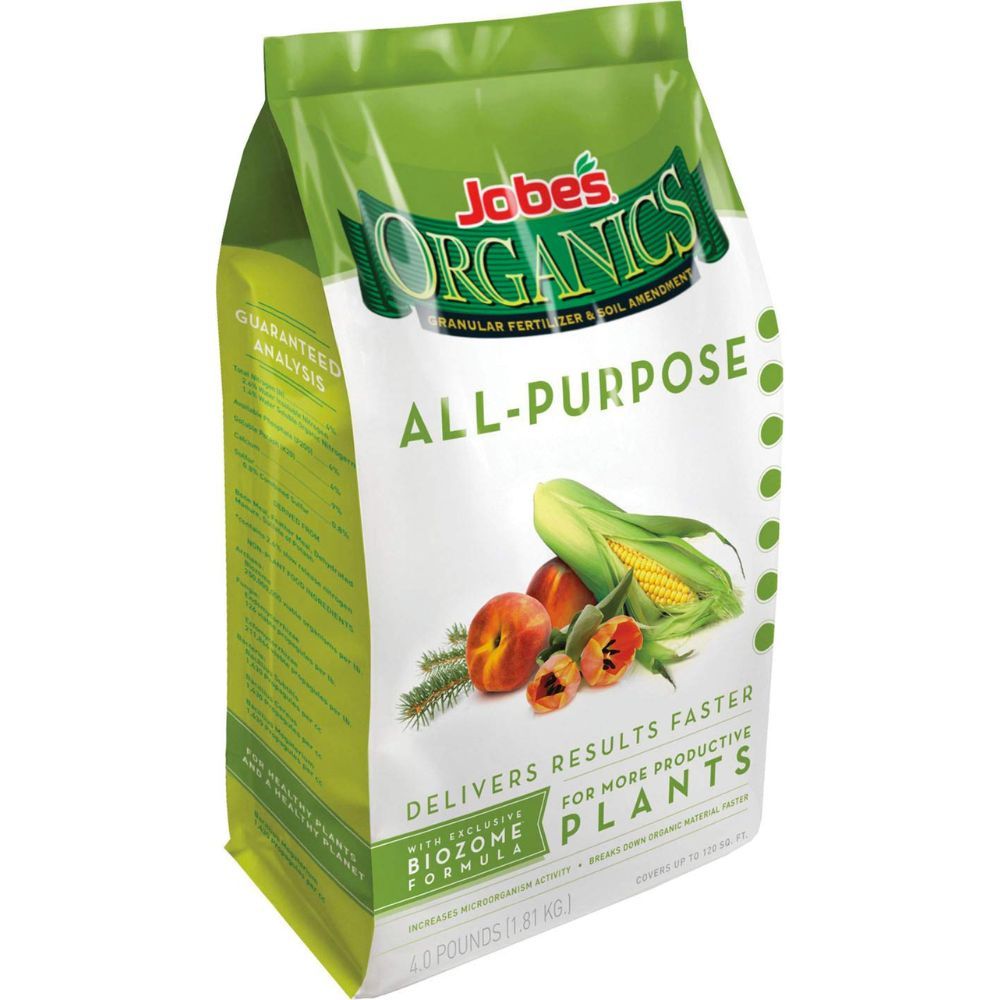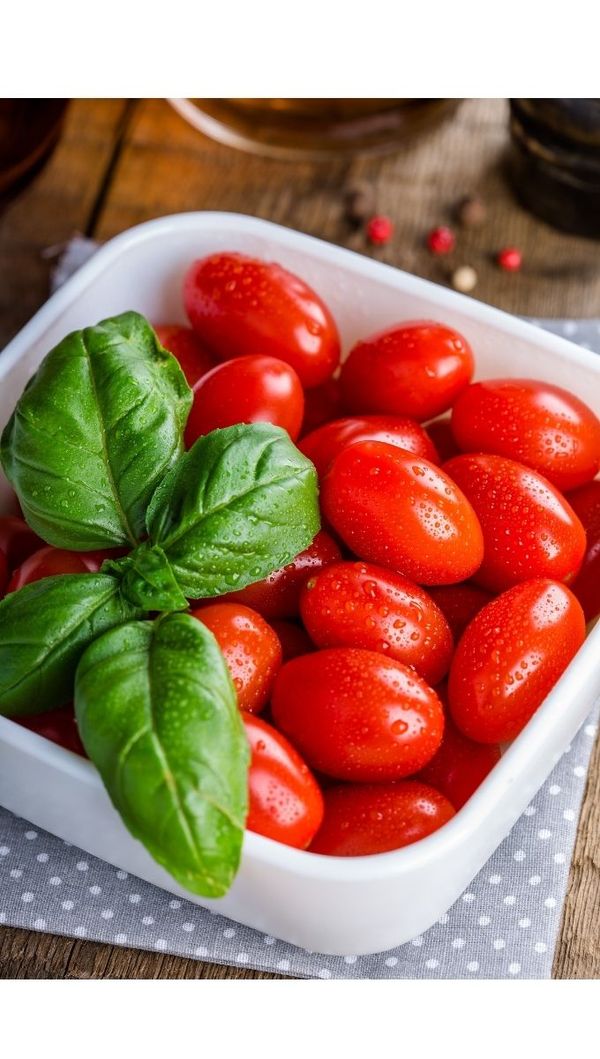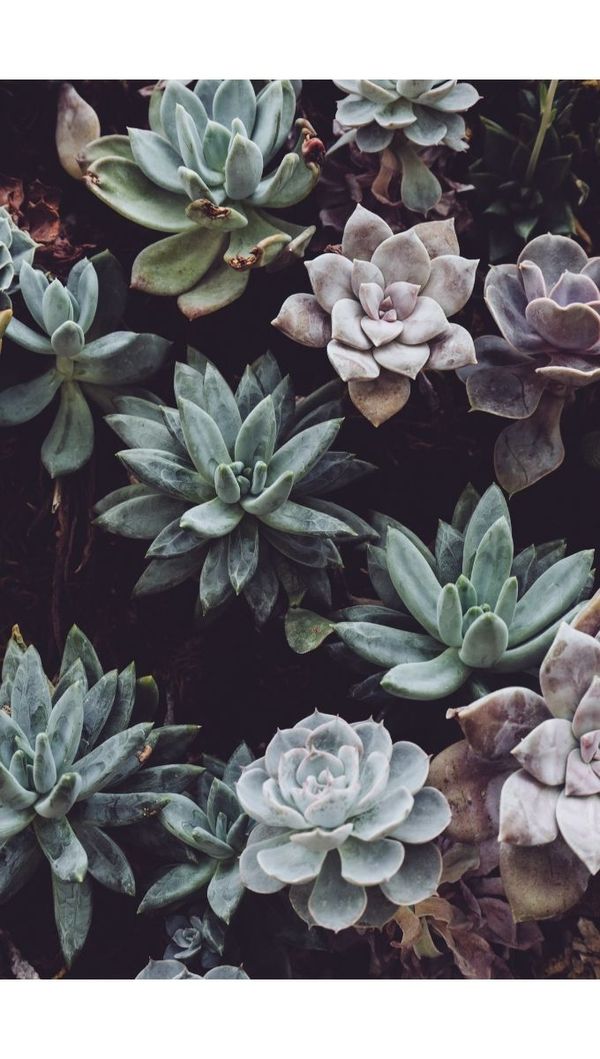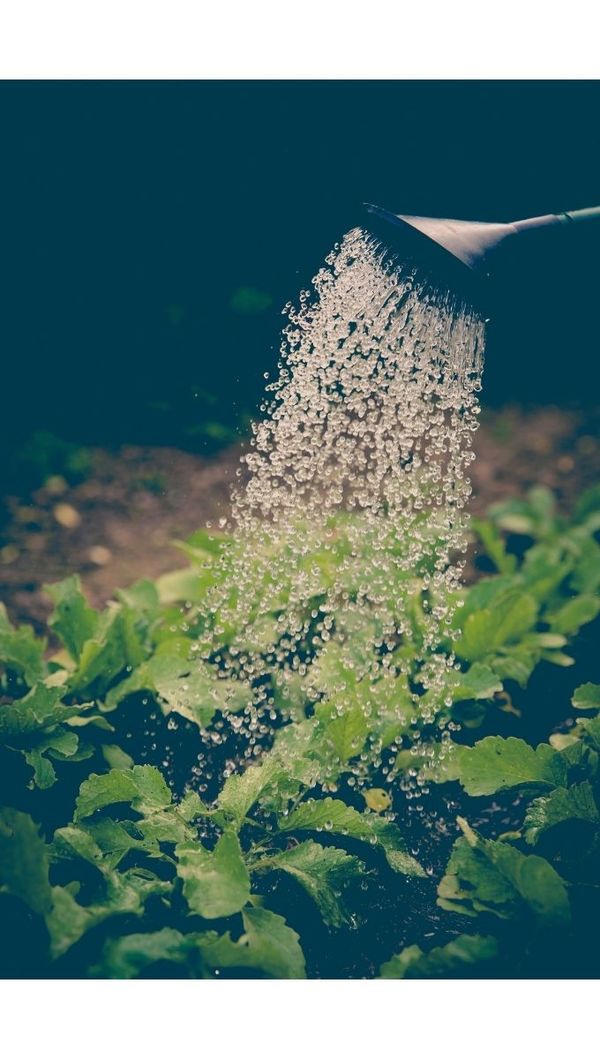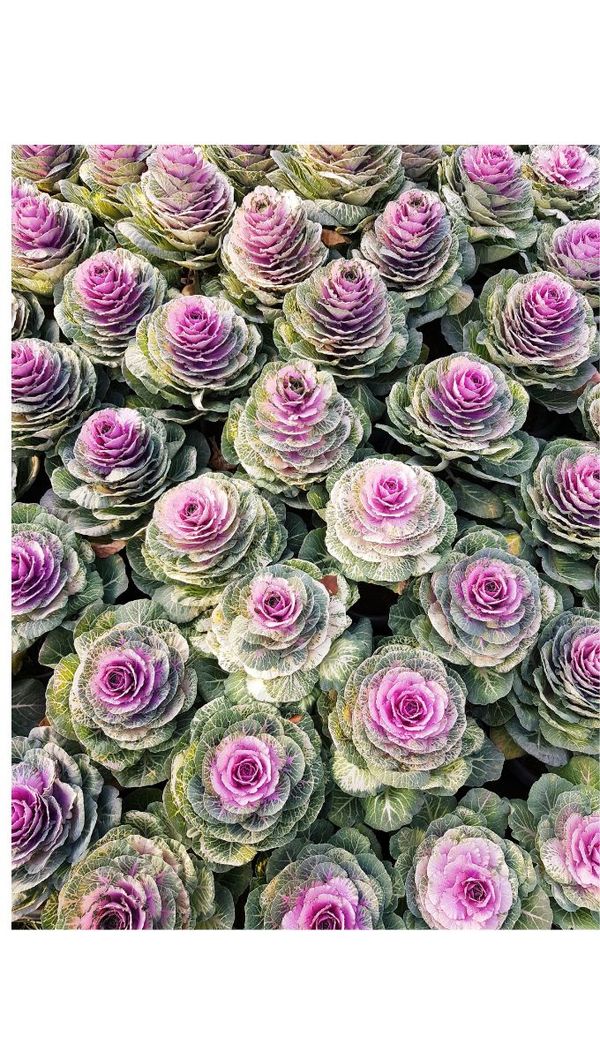Wondering what the best fertilizer for plants is?
We’ve got you covered! In this blog post, we will review three of the best fertilizers on the market and tell you why they are so great. We'll also give you a few tips on how to choose the right fertilizer for your needs.
No matter what kind of garden you have, we’ve got the perfect fertilizer for you. So, whether you’re looking for something to boost flower growth or help your vegetable garden thrive, read on for our top recommendations!
How We Choose the Best Fertilizer for Plants
It can be tough to find the top fertilizer for plants.
Not all fertilizers are created equal. Some are better for certain types of plants, or in different climates.
We have done the hard work for you and found the best fertilizers for plants based on your needs. Whether you're looking for a general all-purpose fertilizer, a specific fertilizer for flowers or vegetable gardens, or natural organic fertilizers, we have you covered.
Jobe's Organics All Purpose Fertilizer
Why We Love It
Your plants will love Jobe's Organics All-Purpose Fertilizer!
This superior blend of nutrients is perfect for almost any plant, in any type of garden soil and under any growing conditions. With a 4-4-4 mix of nitrogen, phosphorus and potassium, your plants will have everything they need for strong stem and leaf growth, productive seed or fruit growth, and drought resistance.
Plus, the addition of organic matter enriches the soil to promote healthy soil microbes and improve water use. It's also safe to use around pets and children.
Just apply the granular organic fertilizer every six to eight weeks during the growing season, and your plants will thrive all season long.
Product Information
This organic fertilizer is suitable for most plant types, including flowers, vegetable plants, shrubs, trees and house plants.
The NPK ration is 4-4-4, which provides a good balance of nutrients for plant growth.
Application of this organic fertilizer is required at planting and every 4-8 weeks.
OMRI listed for organic gardening and may be used on edibles. Additionally, it contains biozome.
This is a granular organic fertilizer that is available in a variety of sizes for purchase.
Jobe's Organics Annuals and Perennials Granular Fertilizer for Flowers
Why We Love It
The best gardens have a mix of both annuals and perennials to provide color and interest throughout the growing season.
But getting blooms to last as long as possible can be a challenge. That's where Jobe's Organics Annuals and Perennials Granular Fertilizer comes in.
This organic fertilizer is formulated with the perfect mix of nutrients and microorganisms to promote healthy growth and extend the bloom period of your flowers.
The granules are easy to apply and can be used on both tilled soil and in containers. Plus, they're safe for edibles, so you can use them around your vegetable garden, too.
The 4-pound package comes with complete instructions on how much fertilizer to use when planting seedlings or feeding established flowering plants.
Product Information
Jobe’s fertilizer is a natural and organic fertilizer, safe way to provide your plants with the nutrients they need to thrive. The 3-5-4 fertilizer analysis guarantees results, and the proprietary microbe package helps to break down nutrients quickly and improve soil conditions over time.
The 4lb bag is resealable and water-proof, making it convenient to use, and the fertilizer can be mixed directly into the soil or used as a side-dress. Apply every 4-8 weeks for best results.
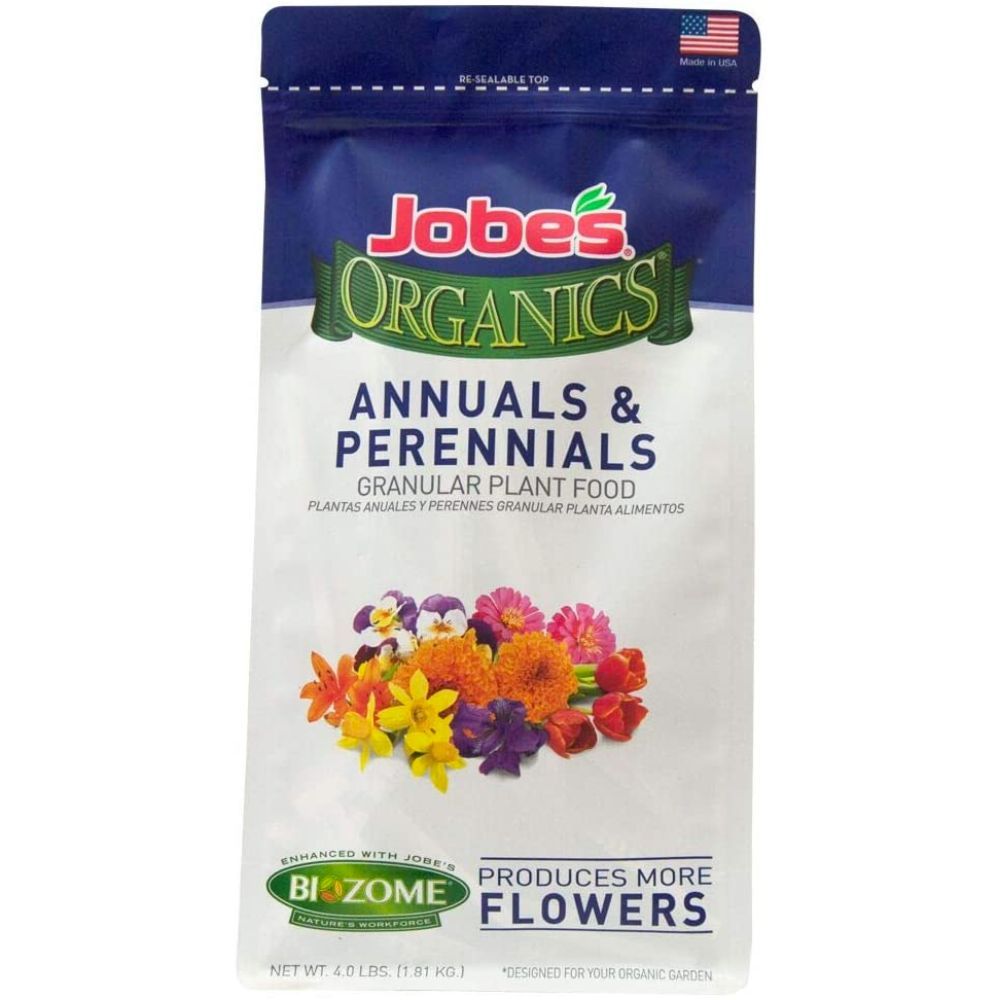
Perfect Mix of Nutrients and Microorganisms
Jobe's Organics Annuals and Perennials Granular Fertilizer for Flowers
Miracle-Gro Shake 'N Feed Tomato, Fruit & Vegetable Plant Food & Plant Fertilizer
Why We Love It
Looking for a natural way to feed your tomato, fruit, and vegetable plants?
Miracle-Gro has the answer with their Shake ‘n Feed Tomato, Fruit & Vegetable Plant Food. This best vegetable garden fertilizer is a blend of natural ingredients and nutrients is designed to support strong root development and increased water efficiency in your plants.
Plus, the added calcium helps form stronger cell walls, resulting in better quality and longer-lasting vegetable plants. For a beautiful vegetable garden all season long, reapply every 3 months and water regularly.
Product Information
Miracle-Gro Shake 'n Feed Fruit & Veg is specially formulated with micronutrients to help vegetable garden plants grow strong and produce more fruits and vegetables versus unfed plants.
This best vegetable garden fertilizer contains natural ingredients that help feed and nourish above and below soil, for even better quality and longer lasting fruits and vegetables versus unfed plants.
The N-P-K values for this vegetable garden fertilizer are 10-5-15, which promote the growth of healthy vegetables and healthy fruit.
This vegetable garden fertilizer also helps prevent disorders in edible crops commonly associated with calcium deficiency.
For use in ground and in containers, Miracle-Gro Shake 'n Feed Fruit & Veg feeds up to 3 months and is an excellent option for growing vegetable plants.
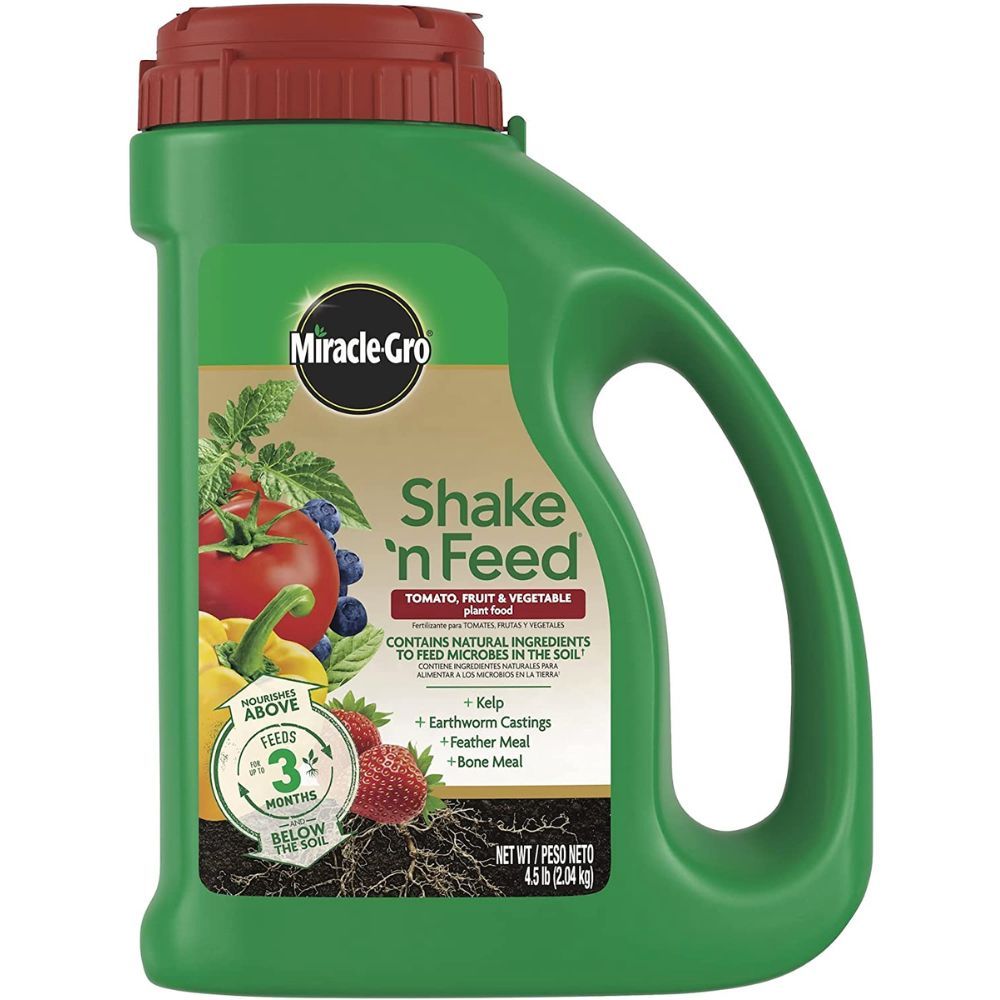
Best Vegetable Garden Feeder
Miracle-Gro Shake 'N Feed Tomato, Fruit & Vegetable Plant Food & Plant Fertilizer
Top Fertilizers for Plants FAQs
What is the best fertilizer for all plants?
Jobe's Organics All-Purpose Fertilizer is a blend of nutrients that is ideal for use on most plants. The 4-4-4 mix of nitrogen, phosphorus, and potassium provides the perfect balance of nutrients for healthy plant growth.
Nitrogen is essential for stem and leaf growth, phosphorus is important for seed or fruit growth, and potassium helps to improve drought resistance. This fertilizer is easy to use and can be applied directly to the soil or mixed with water for foliar feeding.
With Jobe's Organics All-Purpose Fertilizer, your plants will have everything they need to grow healthy and strong.
Which fertilizer makes plants grow faster?
High-nitrogen fertilizers are known for causing huge growth in plants, which is why many types are rich in nitrogen or include it as the main component. Fertilizers high in nitrogen will also restore bright green hues to your foliage and promote healthy foliage growth.
However, it's important to use these products sparingly, as too much nitrogen can lead to problems such as leaf burn or excessive vegetative growth.
When applied properly, though, high-nitrogen fertilizer can give your plants the boost they need to thrive.
What is the best fertilizer to make plants bloom?
When it comes to fertilizing your flowers, phosphorus is key. This essential nutrient helps to encourage blooming and produces strong, healthy roots.
By choosing a fertilizer with a higher percentage of phosphorus, you can give your flowers the boost they need to thrive.
In addition to phosphorus, potassium is also important for promoting strong root growth. A little potassium can go a long way in ensuring that your flowers get off to a good start.
By selecting a fertilizer with both phosphorus and potassium, you can give your flowers the nutrients they need to flourish.
What liquids help plants grow best?
When it comes to watering plants, there are a few things to keep in mind. First and foremost, it's important to use water that is pure and free of any extra elements. This includes both distilled water and water that has been filtered to remove impurities.
Additionally, it's best to use water with a neutral pH. This is because many plants prefer a neutral environment, and using water with a high or low pH can cause damage to the plant.
Finally, it's important to be mindful of how much water you're using. Overwatering can lead to problems such as root rot, so it's important to only give the plant the amount of water it needs.
By following these guidelines, you can ensure that your plants stay healthy and thrive.
What are the 3 types of fertilizer?
Nitrogen is an essential element for plant growth, and it is often the most active ingredient in commercial fertilizers. Nitrogen is responsible for promoting leaf growth, and it is also necessary for the formation of chlorophyll, the molecule that gives plants their green color.
Phosphorus is another important nutrient for plants, and it is involved in several key processes, including photosynthesis and root development.
Potassium is the third primary nutrient, and it plays a role in several important plant functions, such as water regulation and disease resistance.
Together, these three nutrients are essential for healthy plant growth in vegetable gardens or flower gardens.
How often should I fertilize my plants?
Fertilizer is an important part of maintaining healthy plants. It provides them with the nutrients they need to grow and thrive. However, it's important to apply fertilizer correctly in order to avoid damaging the plants.
When applying fertilizer to clay soil, it's typically recommended to do so every four to six weeks after planting.
For plants growing in organic soil that's rich with organic matter, only a little bit of fertilizer should be applied every three to four weeks. This will help ensure that the plants get the nutrients they need without being damaged by too much fertilizer.
What is NPK fertilizer?
All plants require nutrients for healthy growth, and NPK fertilizer provides an easy way to ensure that they get the nutrients they need.
Nitrogen is essential for vegetative growth, and phosphorous is important for root growth and seed production. Potassium is necessary for flower formation and fruit ripening.
By providing all three of these essential nutrients, NPK fertilizer helps plants to grow strong and healthy. In addition, NPK fertilizer can be used on all types of plants, making it a versatile tool for gardeners and farmers alike.
Whether you are trying to achieve lush foliage or bountiful harvests, NPK fertilizer can help you to achieve your goals.
How do you apply fertilizer to plants?
Applying fertilizer to your plants is important for maintaining their health and encouraging growth.
There are a few different methods that you can use, depending on the type of fertilizer that you are using and the plants that you are trying to fertilize.
For example, water-soluble fertilizers are fast acting but need to be applied more frequently. To use this type of fertilizer, simply mix it with water and apply it around the base of the plant, extending out to the drip line.
For vegetable plants, place the fertilizer in a strip parallel to the planting row. This method gives plants food while you water them.
Granular fertilizers are slower acting but last longer. To use this type of fertilizer, sprinkle it around the base of the plant and then lightly rake it into the soil. Be careful not to damage the roots when you rake. This method is best used before planting or during periods of active growth.
Slow-release fertilizers last even longer than granular fertilizers, but they release their nutrients more slowly over time. To use a slow-release fertilizer, simply apply it around the base of the plant and rake it into the soil. This method is best used during periods of active growth.
No matter which method you choose, applying fertilizer is a simple process that can be done easily.
What time of day is best to fertilize plants?
Pesticides and fertilizer are best applied in the evening or early morning when the sun is not shining. This is because the plants are able to absorb the liquid fertilizer more easily during these cooler times.
Applying pesticide or fertilizer in the heat of the day can cause evaporation, which means that less of the product will actually reach the plants.
Additionally, applying pesticides or fertilizer in the evening or early morning will minimize the exposure of people and animals to the chemicals.
So if you're looking to get the most bang for your buck, be sure to apply your products when the sun is not out!
Which fertilizer for plants is best for me?
And that's it! We hope you found this article helpful and that our recommendations give you the information you need to find the best fertilizer for your needs.


